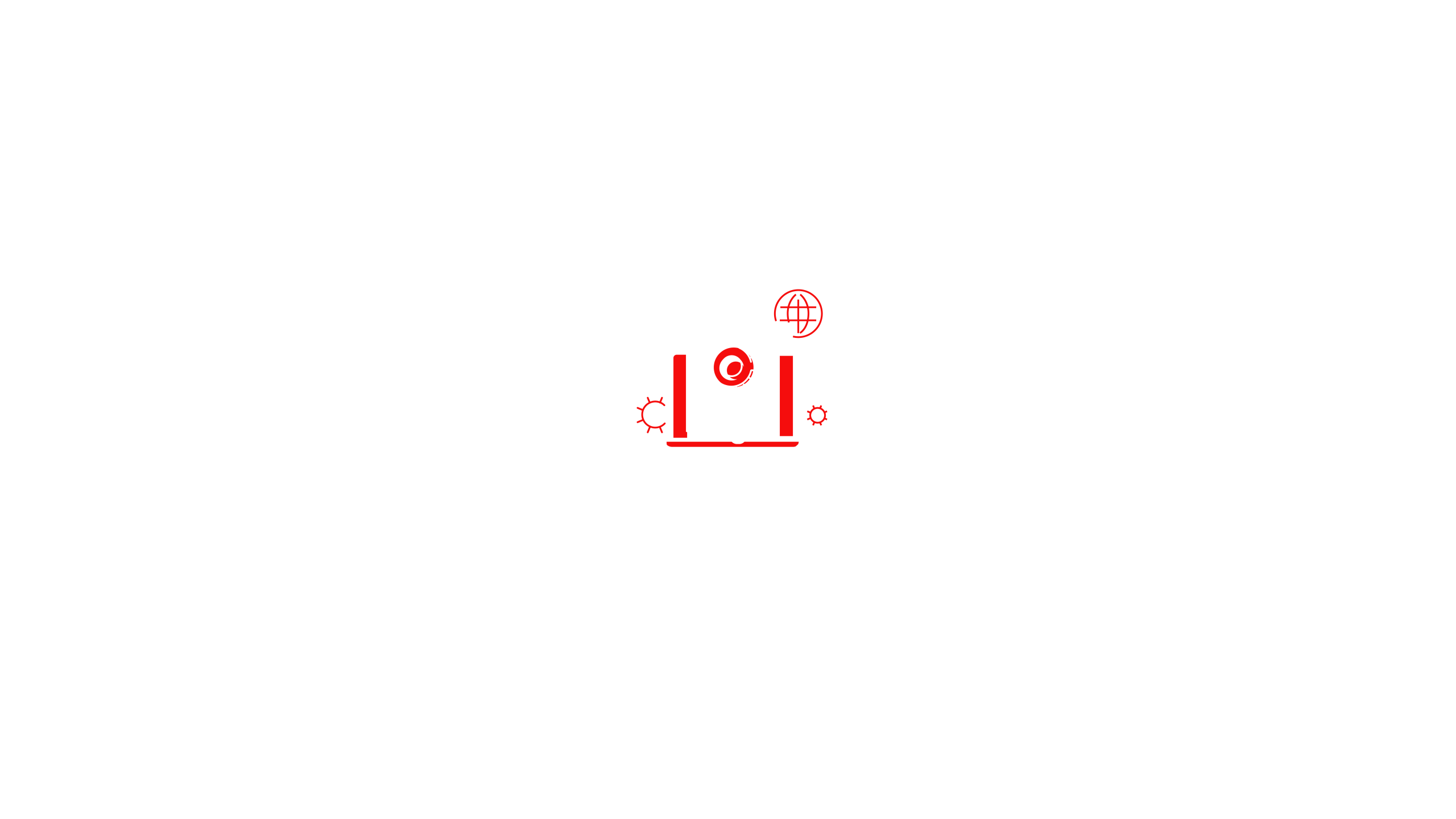

How to navigate difficult conversations around vaccine hesitancy
Antivaxxers among your loved ones? Talking to them about the vaccine can be tricky. Here’s advice on how you can have those difficult discussions with them.
She's been forced to cull people from her inner circle who refuse to get the vaccine.
It’s a shame, Jennifer Aniston says, but she doesn’t have time for people “who are anti-vaxxers or just don’t listen to the facts”.
“I’ve lost people who have refused to be vaccinated or haven’t disclosed whether or not they have been vaccinated and it’s unfortunate,” she says in a new interview with InStyle. “It’s tricky because everyone is entitled to their opinion – but a lot of opinions don’t feel based in anything except fear and propaganda.”
Jen’s stance may be a bit my-way-or-the-highway, but she’s highlighted an important issue: how do you have a vaccine conversation with someone whose view differs from yours?
Vaccines are being hailed by scientists as the best way to halt Covid’s killing spree, yet all over the world people remain fearful and distrustful of the jab.
South Africa is no exception. Earlier this year, a Coronavirus Rapid Mobile Survey showed that one in four people were hesitant to get their shots while one in 15 were strongly opposed. To those first in line for their jab, the reluctance of others can be frustrating – especially when it comes to people close to us.
“The vaccine debate is an emotional one,” says Lauren Moss, a counselling psychologist from Sandton. “Many people are hesitant for reasons not linked to scientific facts but personal, moral or fear-related points of view. When a standpoint is linked to emotions, values or beliefs, people can be reluctant to consider alternatives.”
The debate is a particularly high-stakes one as it can become a conversation about life or death.
“There’s huge amount of fear that underpins the disagreement. If you’re on one side of the argument, you could be fearful that if others don’t get the vaccine, they may get really sick and possibly die.
“If you’re on the other side, you could be fearful that if you do get the jab, you’re putting your health at risk. Fear has been fed by a vast amount of misinformation and conspiracy theories about the safety and efficacy of vaccines – and this further complicates conversations about it.”
Yet these conversations are important. How do you go about tackling the issue with friends and loved ones whose opinion may differ drastically to yours?
Don’t try to change someone’s mind
It’s a mistake to enter a conversation convinced that you’re going to be able to persuade another person to change their mind, says Paul H White, a psychology professor at the University of Utah who studies attitudes and persuasion.
There are many reasons for vaccine hesitancy, and we should acknowledge that not everyone who isn’t enthusiastic about getting the vaccine fits neatly into one category.
“You may feel you have a moral obligation to convince them to get the vaccine – not only for their own benefit, but for the good of public health,” he says. “But taking the wrong approach could end up doing more harm than good if the person doesn’t think you’re taking their concerns seriously or dismissing their mistrust in medicine stemming from generations of trauma.
“Instead, be respectful of their experience, listen to their concerns, find some common ground and take it from there.”
The more you push your point of view, the more resistance you create, Moss says.
She suggests asking the other person to take the time to listen to your points with an open mind and pay them the same respect.
Forget fact flinging
It’s a myth that vaccine hesitancy can be overcome by facts, says Erica Weintraub Austin, head of health promotion research at Washington State University.
“Knowledge alone rarely convinces people to change behaviour,” she says.
“It’s also not always true that people are motivated to get accurate information to protect themselves and their loved ones. People are often too busy to analyse information, especially on complicated subjects.
“They instead rely on shortcuts, often looking for consistency with their own attitudes, social media endorsements and accessibility. And, to complicate matters, people will sometimes disregard additional fact checking that contradicts their political beliefs,” Austin says.
Avoid jumping to conclusions
Health therapist Kathy Barringer suggests approaching discussions with understanding and kindness.
“All hesitancy isn’t created equal,” she says. “Some people are terrified of needles or side effects like vomiting. Others might be hesitant because they don’t have access to a nearby vaccine facility and still others might have doubts because of political reasons.”
Avoid becoming “preachy and moralistic”, says Vish Viswanath, a professor of health communication at the Harvard School of Public Health. “At some point, if they feel that they’re being disrespected, that they’re not being listened to and that their concerns aren’t being validated, they will pull away from you.”
“Everyone is entitled to a different point of view,” Moss says. “Rather consider their stance as just that – a stance.”
Discussions about the vaccine can be hard if they involve people with differing viewpoints.
Avoid the ‘yes, but . . .’ approach
If you’re talking to someone who isn’t ready to get vaccinated, let them know they’re not alone, says Sunil Kripalani, a professor of medicine at Vanderbilt University Medical Centre in the US.
“That allows you to begin with a position of empathy and understanding. It’s important to take the time to understand the individual’s rationale and decision-making process rather than jumping right to ‘You should do this, and here’s why’.”
Moss agrees. “If your only aim is to convince the other person of your point of view, you won’t really listen but wait for a chance to speak. This is dismissive and usually results in the other person being more determined to express their view.”
Know when to stop
You can also choose not to talk about it with them, Moss suggests. “Tell them you care about them and want them to be well informed, but it’s not your job to do so and therefore you aren’t going to discuss the issue.
“But if you decide this you must be consistent and avoid bringing it into conversation and bombarding them with your point of view.”
And when all else fails, simply walk away.
How to handle difficult conversations
Moss shares some tips on what to say when talking about vaccinations:
A family member wants to visit you, but they haven’t been jabbed and you feel uncomfortable about it. Don’t say: “You can’t visit me if you haven’t been vaccinated.” Do say: “I would love to have you visit but to protect my own health, I have decided not to socialise in my home with people who aren’t vaccinated.” You can suggest meeting up in an outdoor venue where everyone wears a mask and practises social distancing.
A close friend is undecided about getting the vaccine. Don’t say: “Just get it or you’ll be sorry.” Do say: “I’m worried that the effects of Covid could be really serious so if you aren’t vaccinated you could face serious illness or death.”
A loved one insists that vaccines are dangerous, and you don’t agree. Don’t say: “I can’t talk to you anymore; you’re not making sense!” Do say: “This is a contentious issue and I think we aren’t going to reach an agreement. Perhaps it’s best if we don’t discuss this further.”
EXTRA SOURCES: CDC.GOV, CLEVELANDCLINIC.ORG, CRAMSURVEY.ORG, TEENVOGUE.COM, WASHINGTONPOST.COM, UNICEF.ORG
